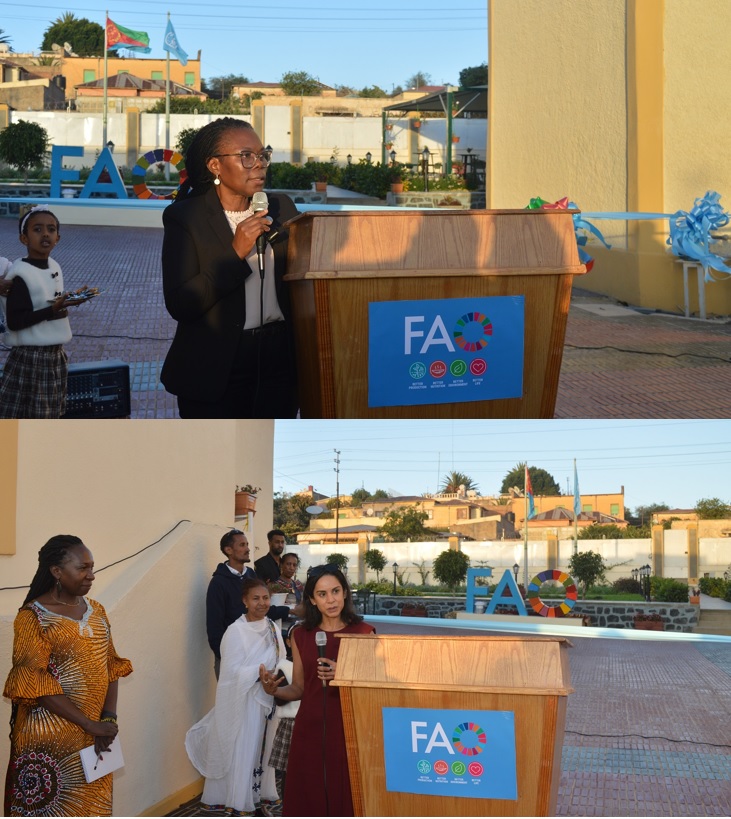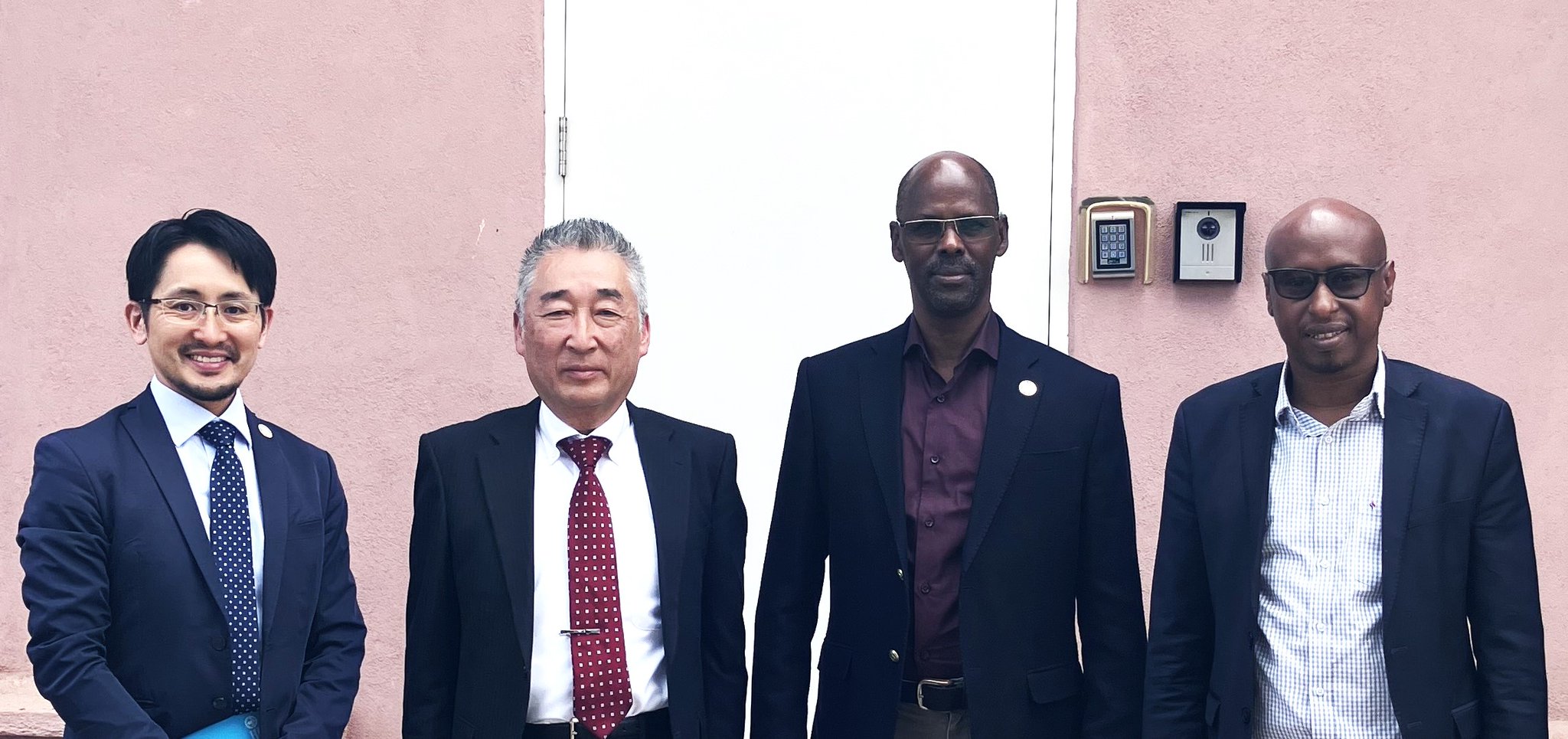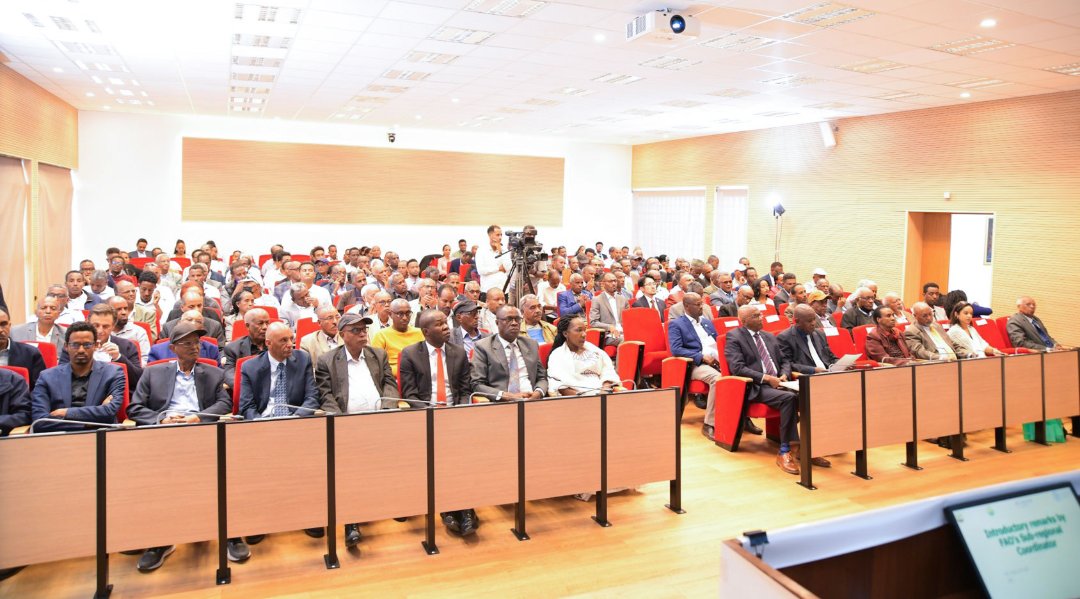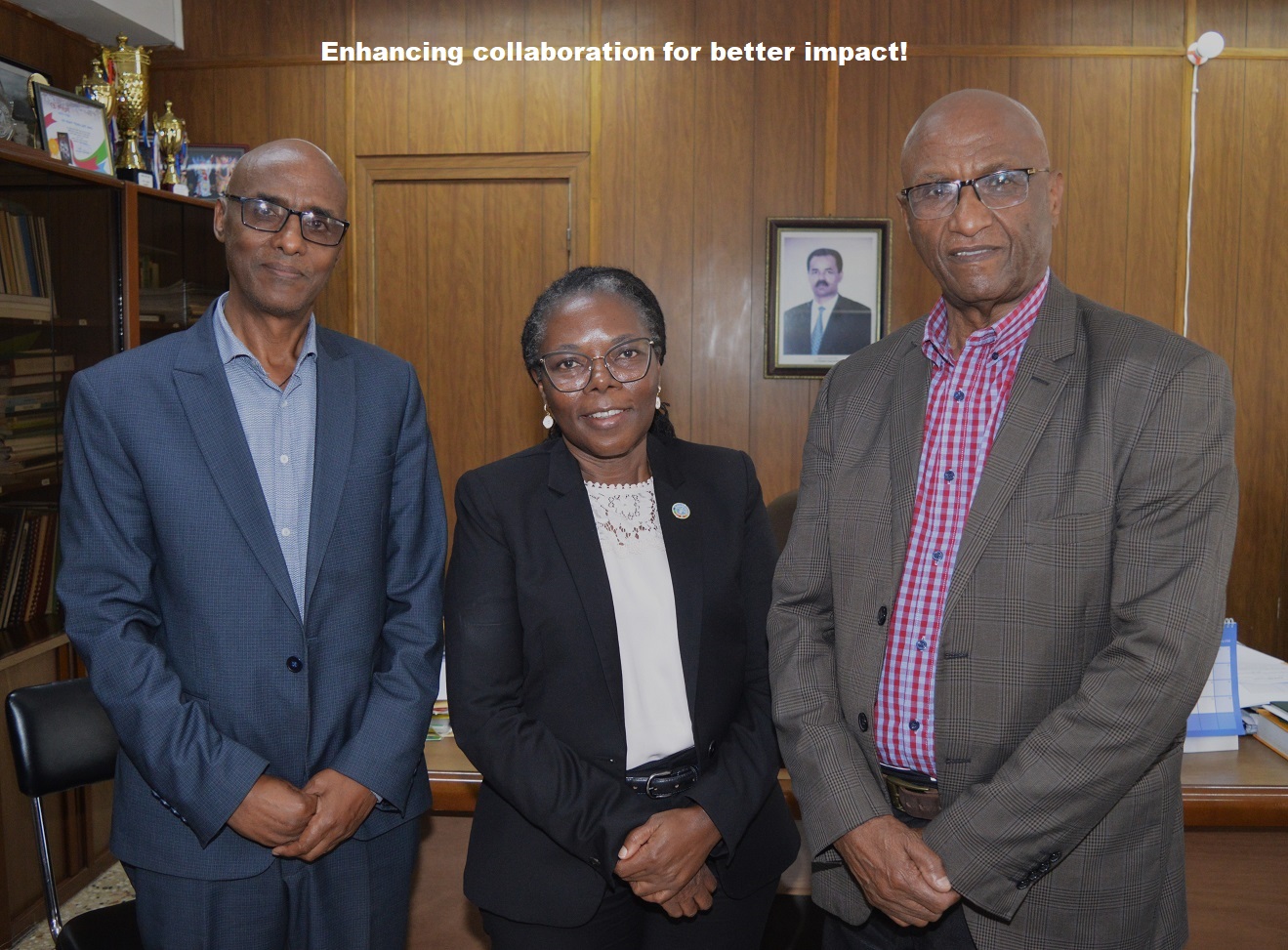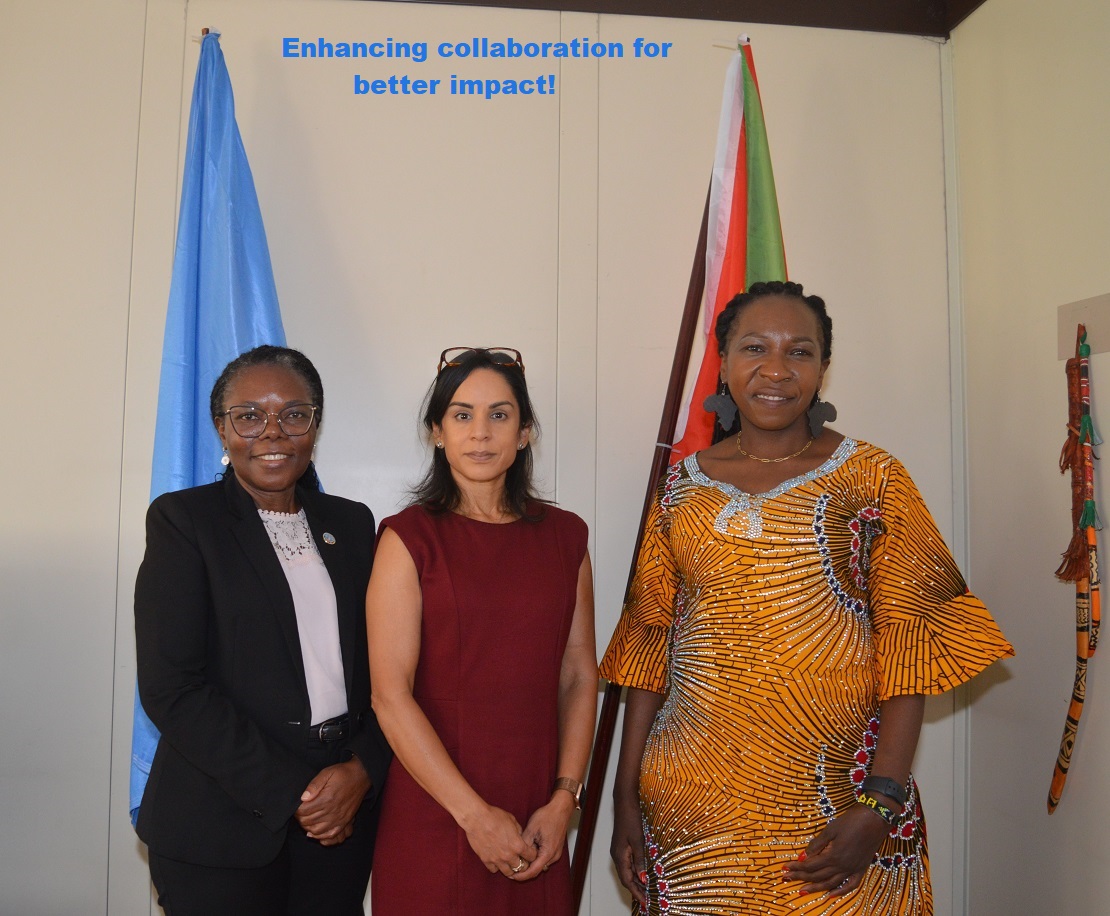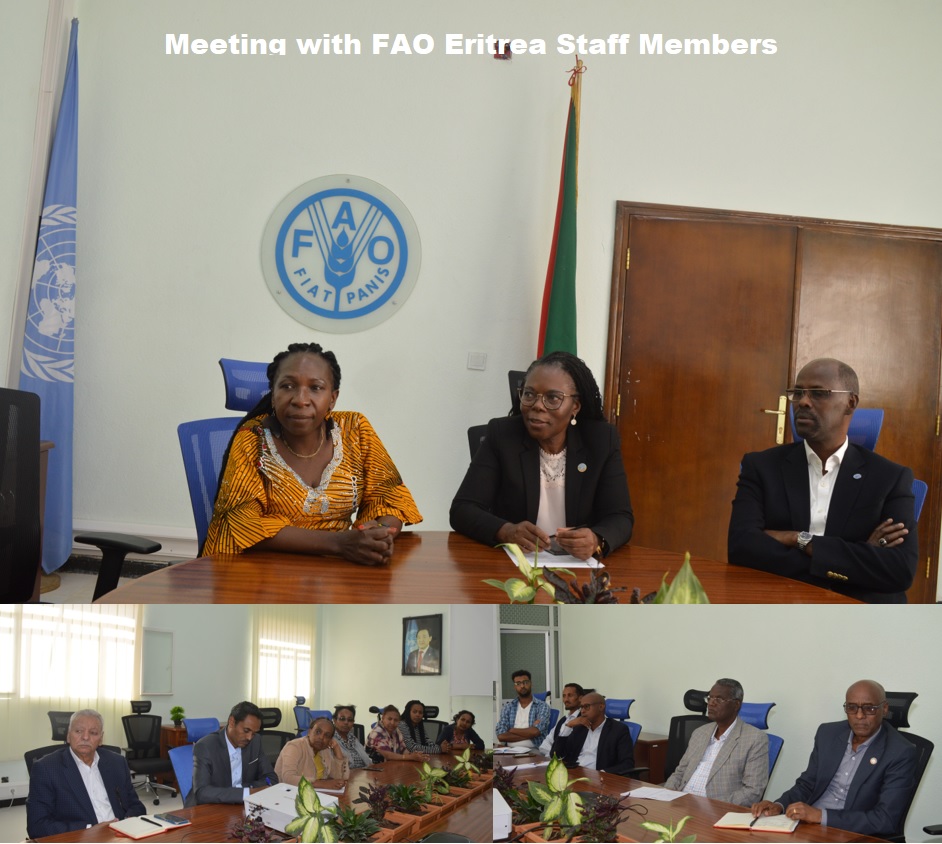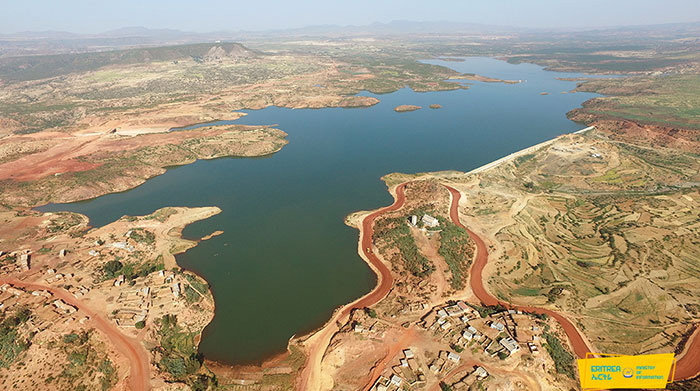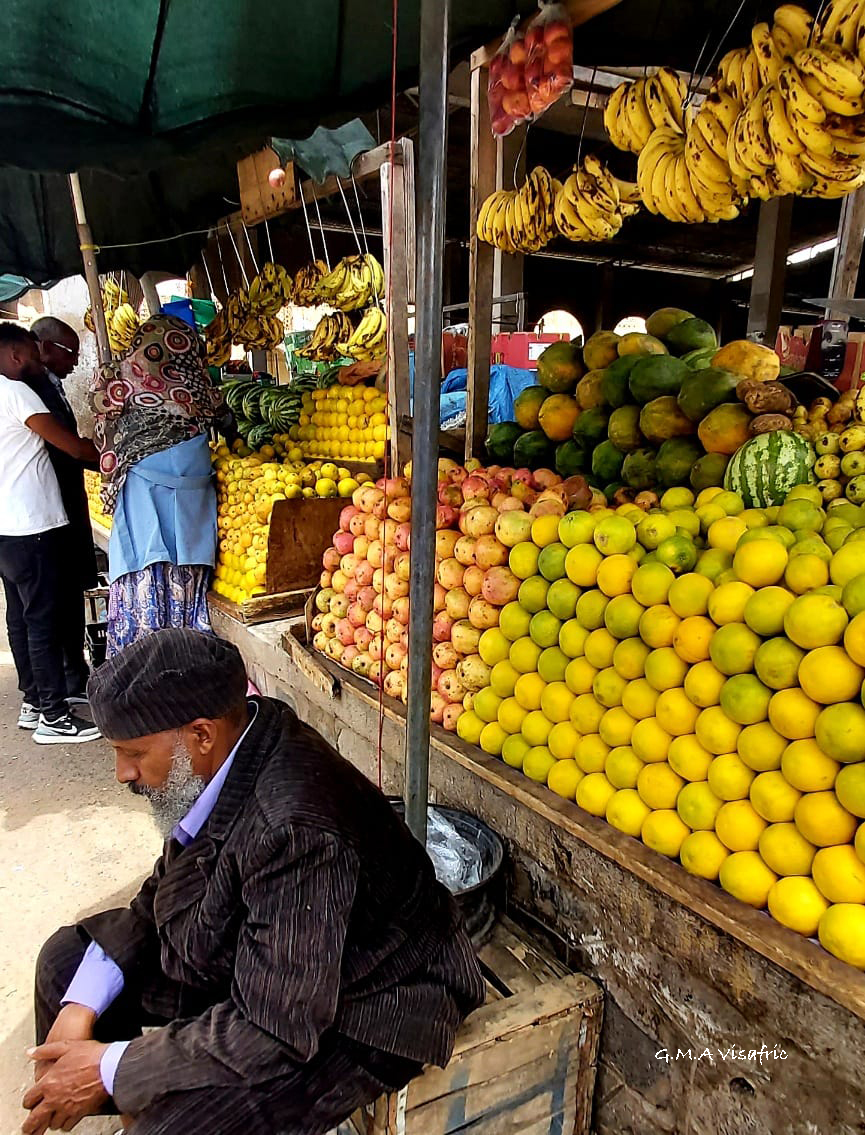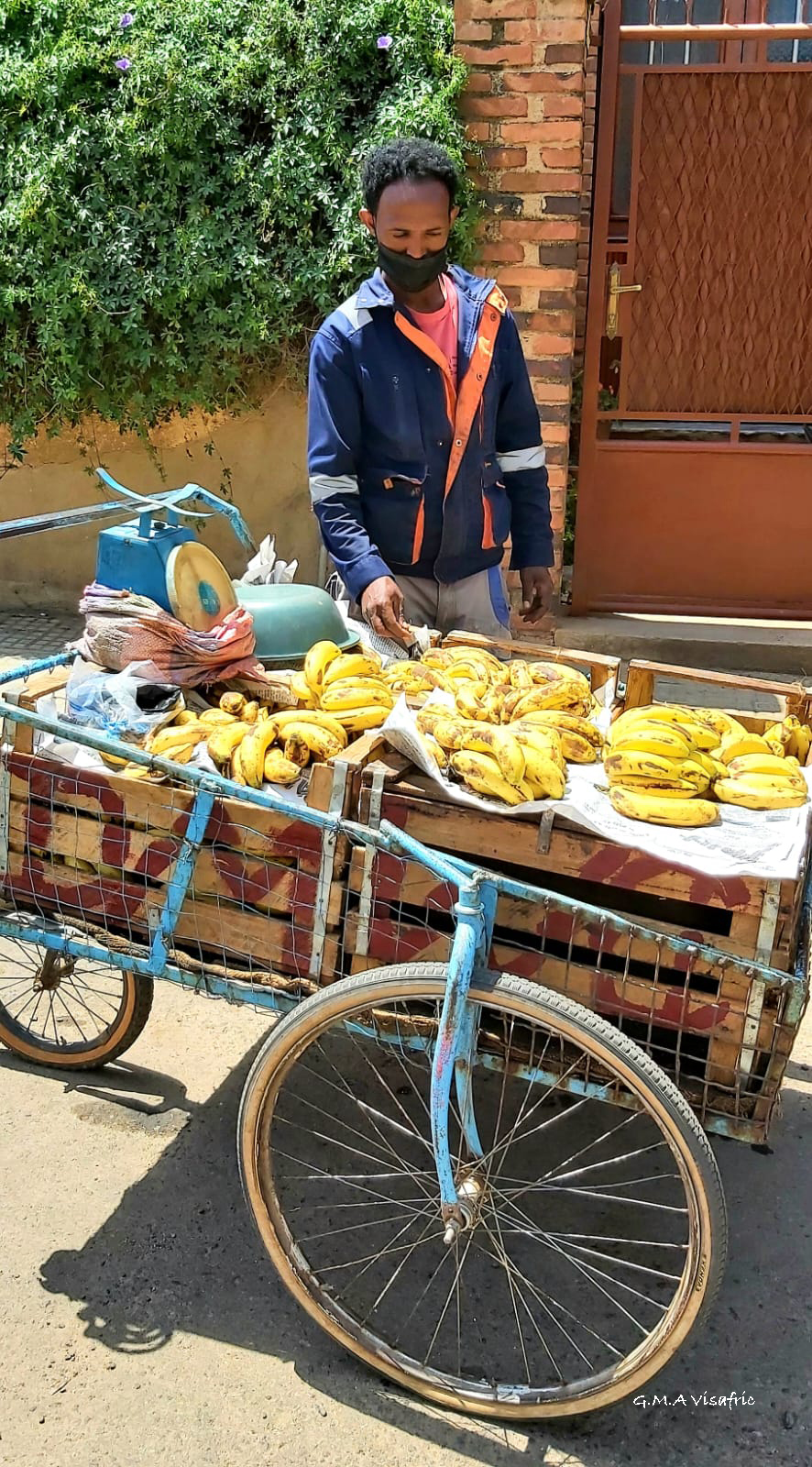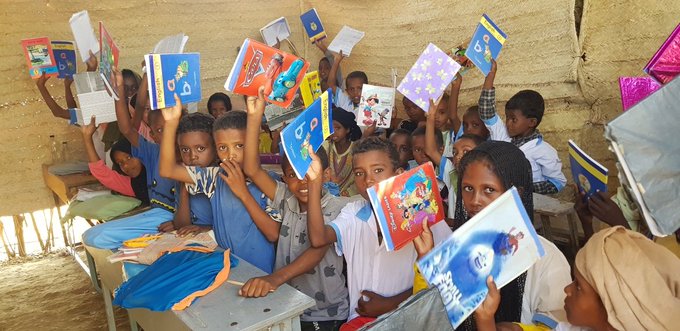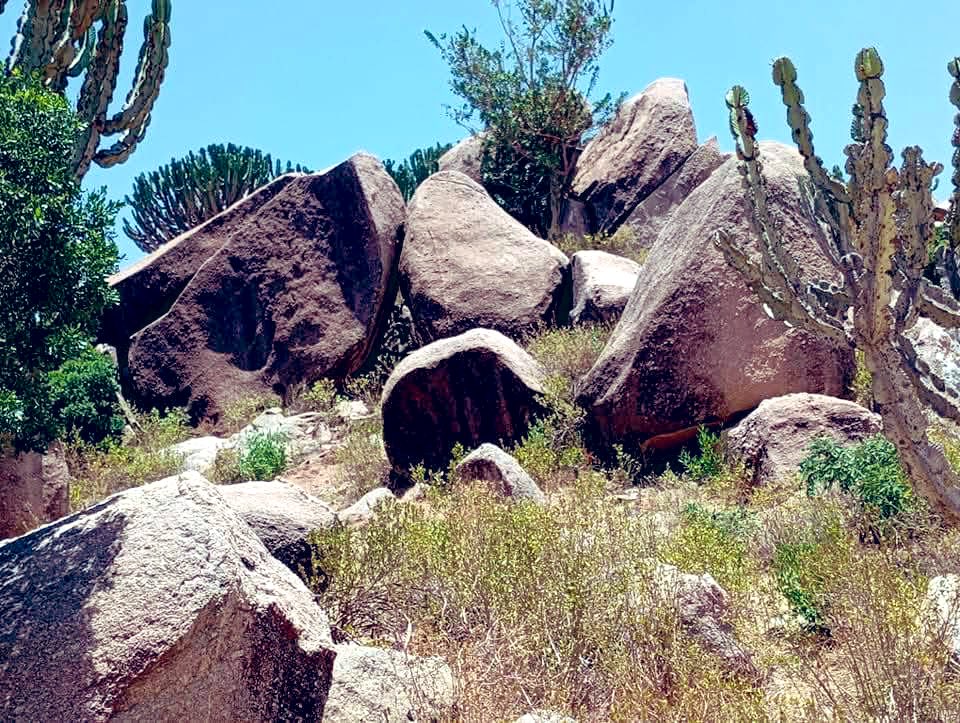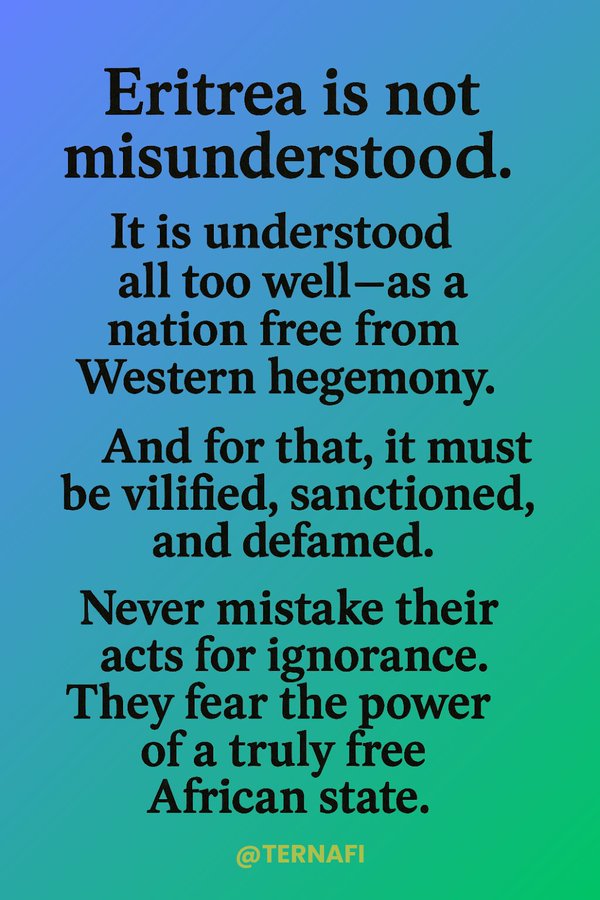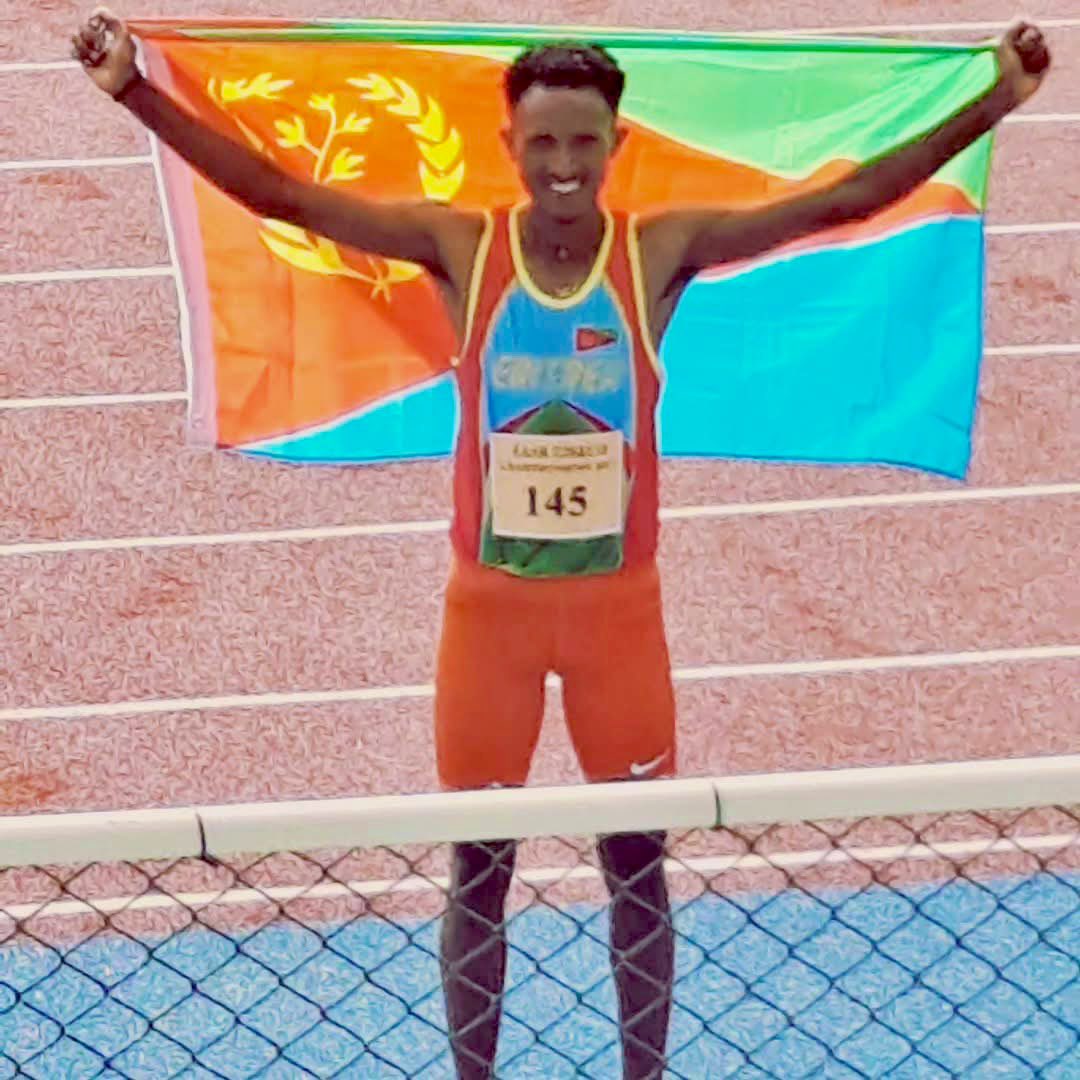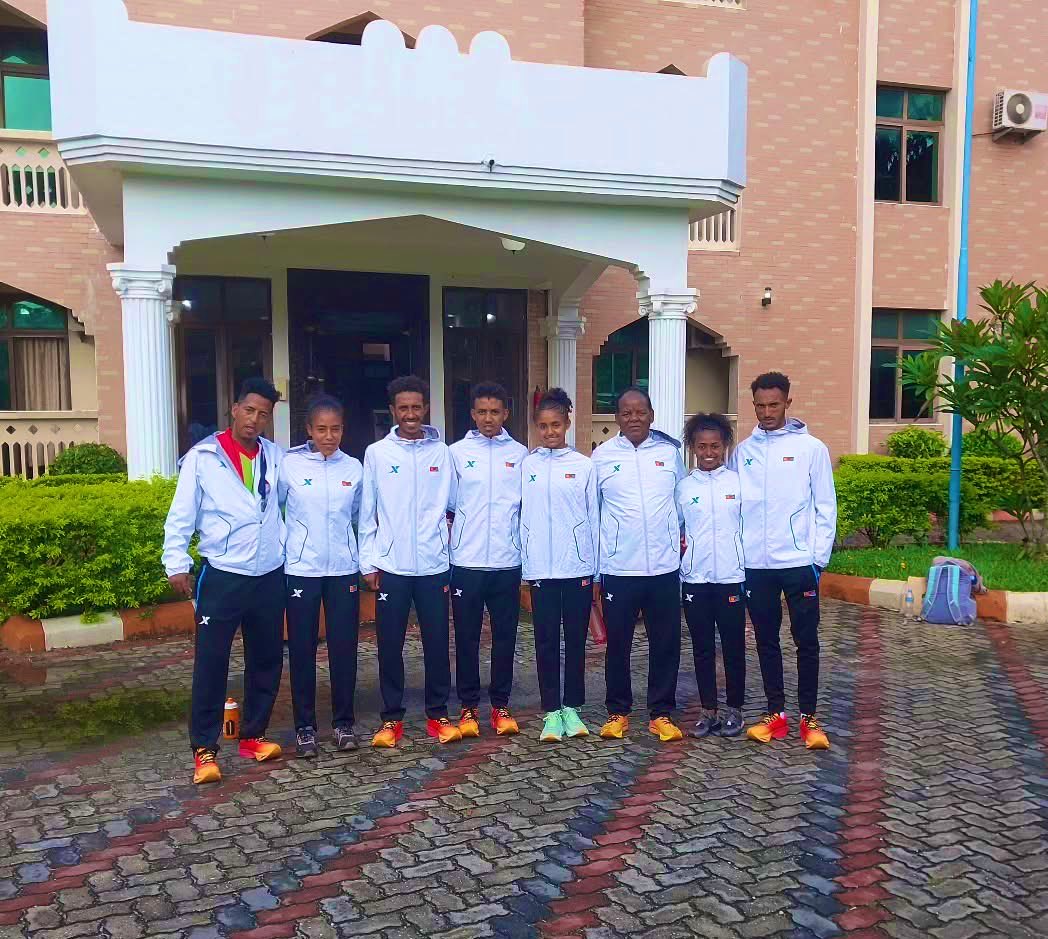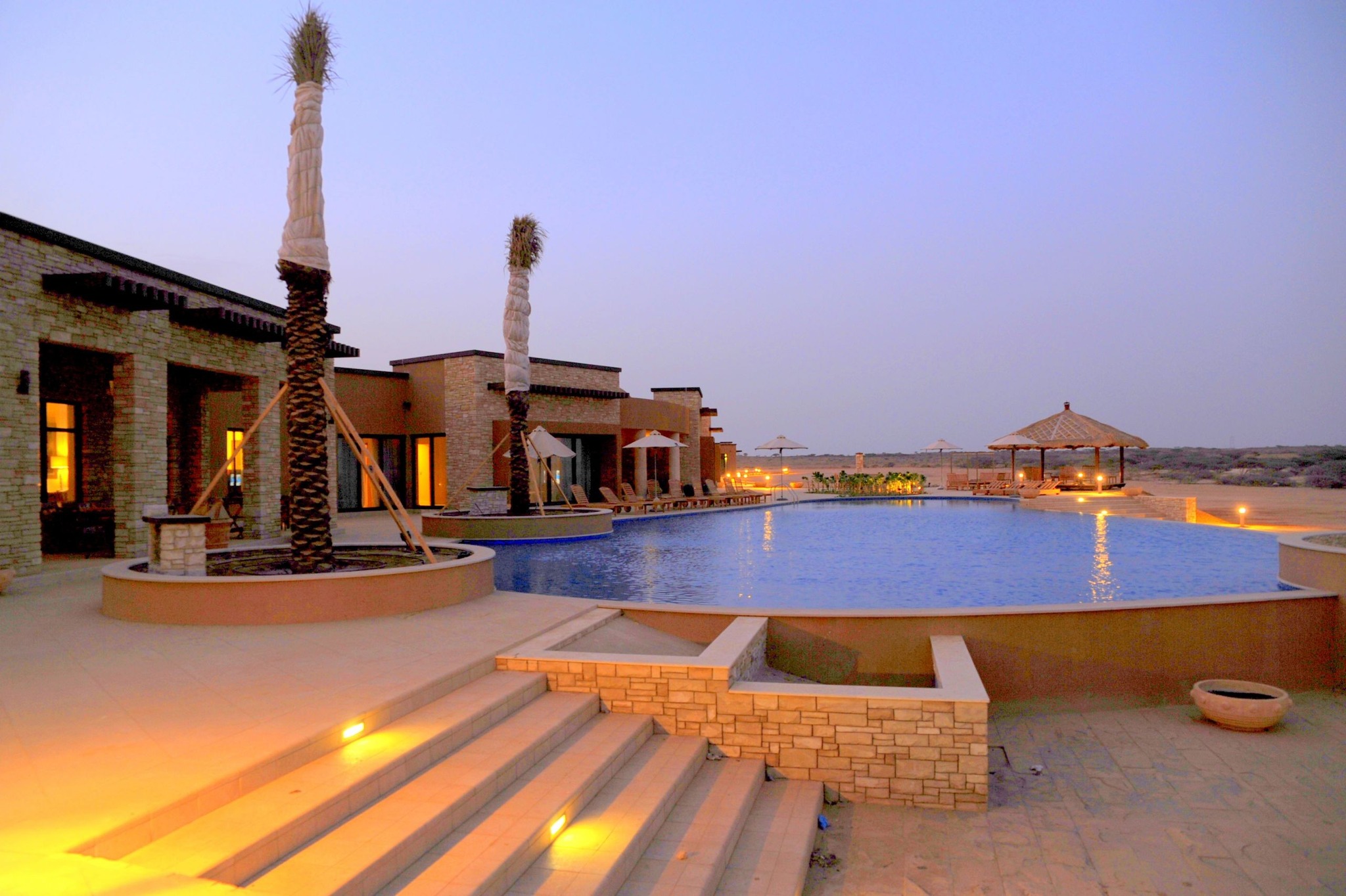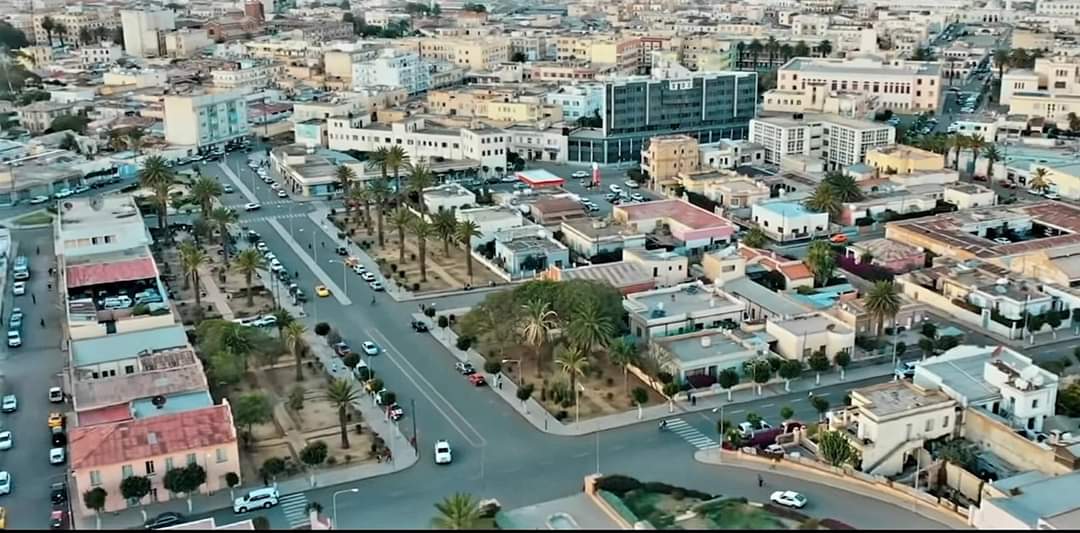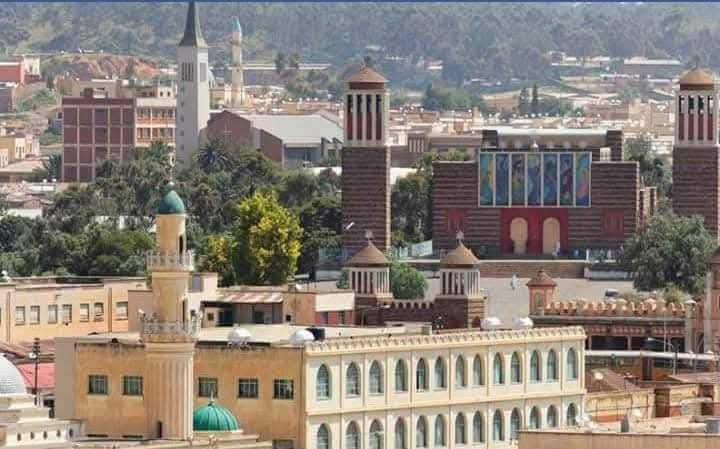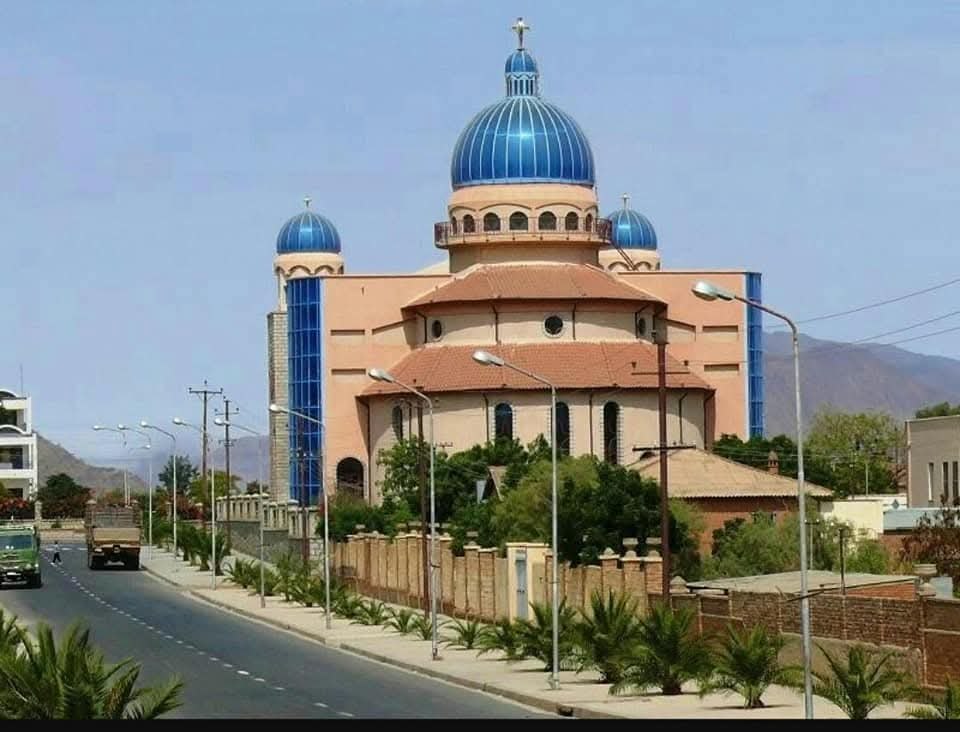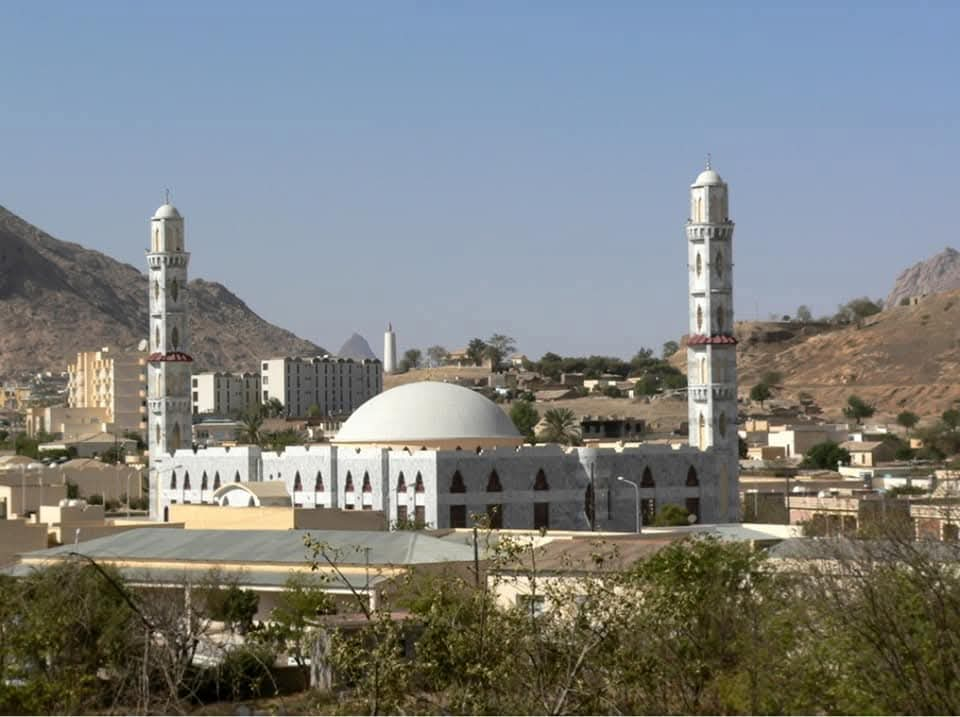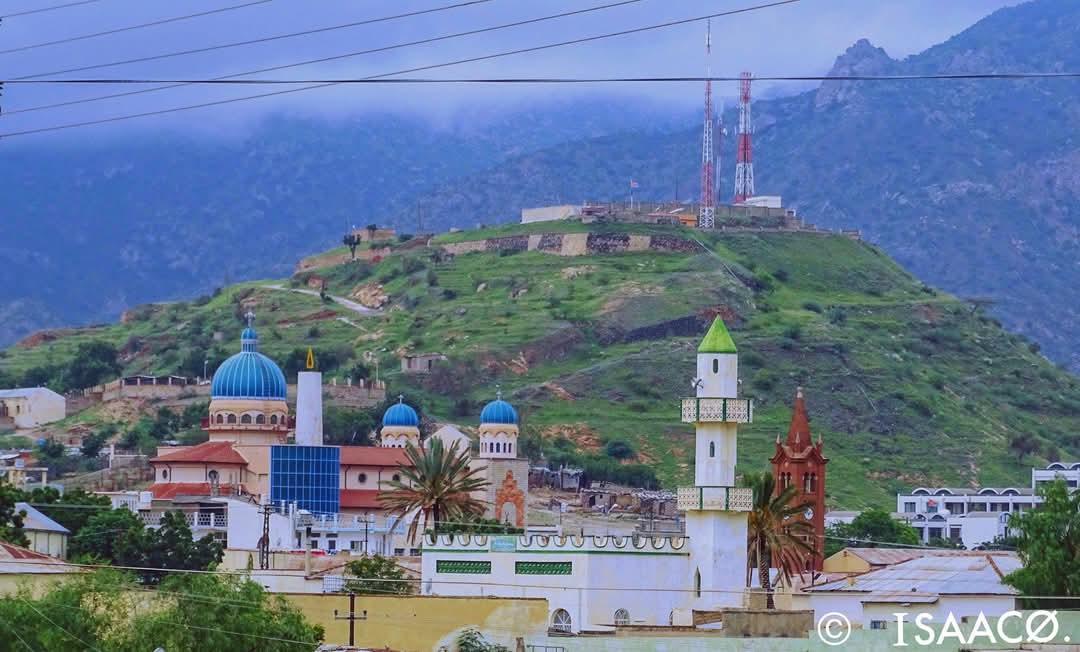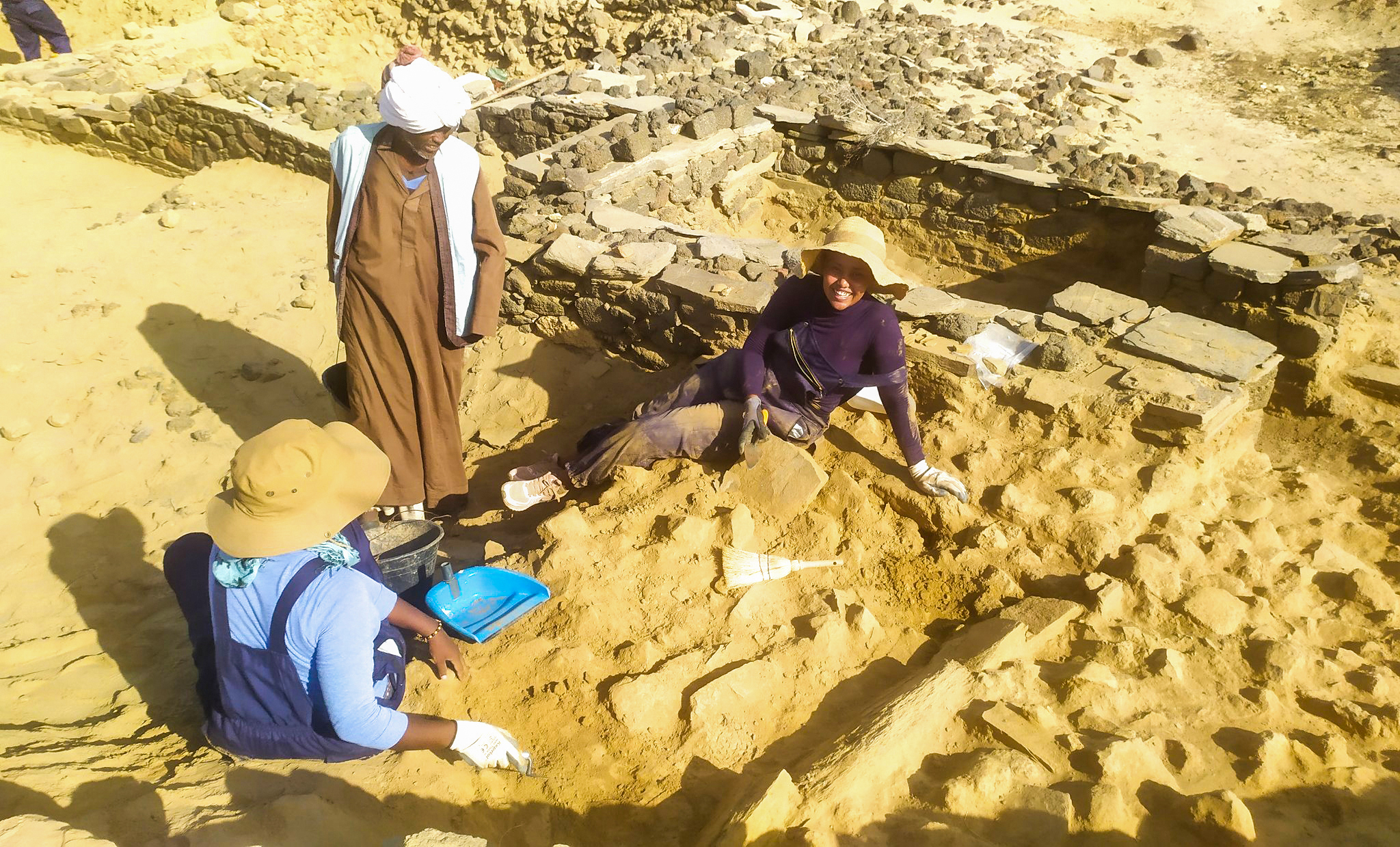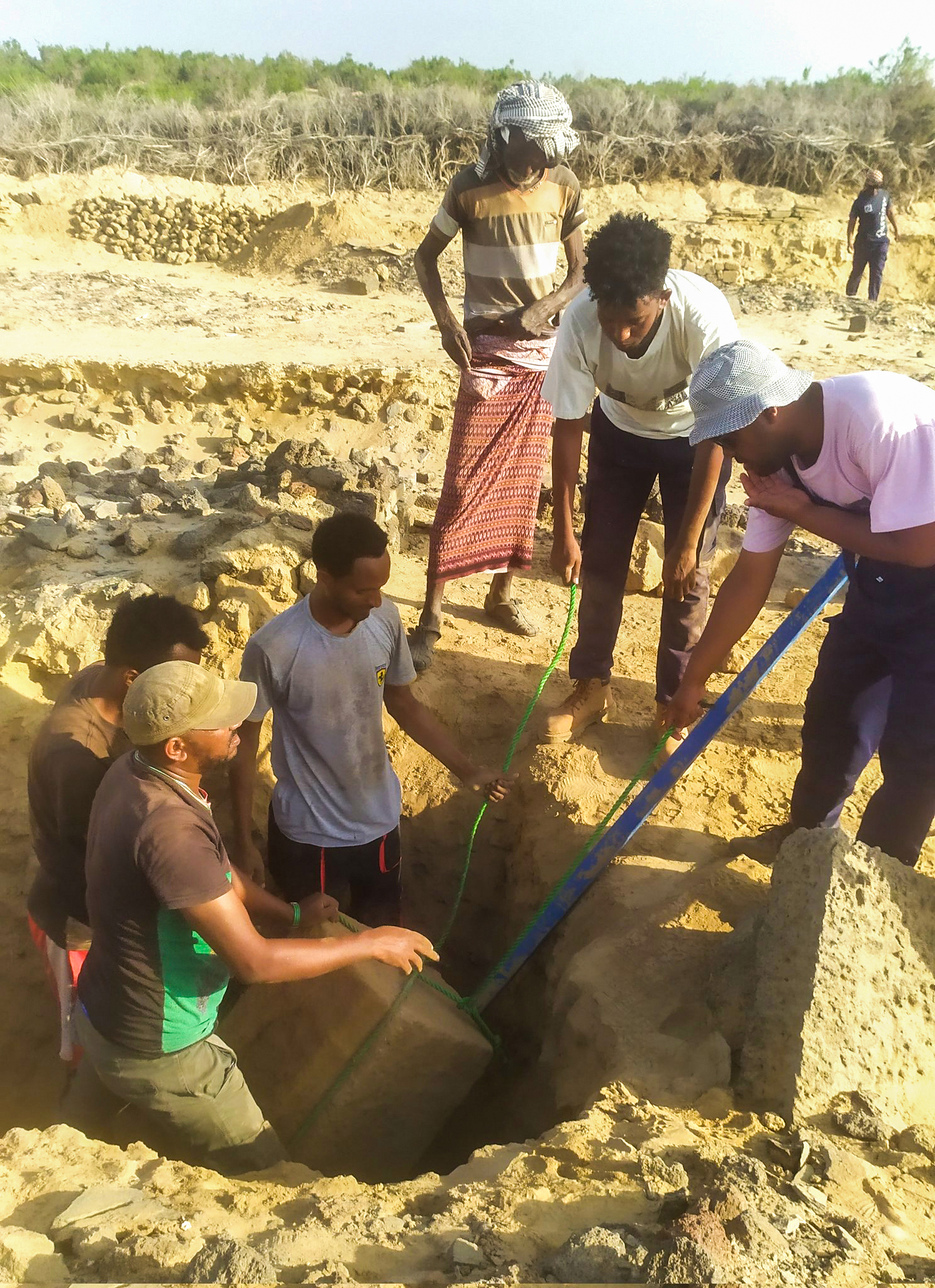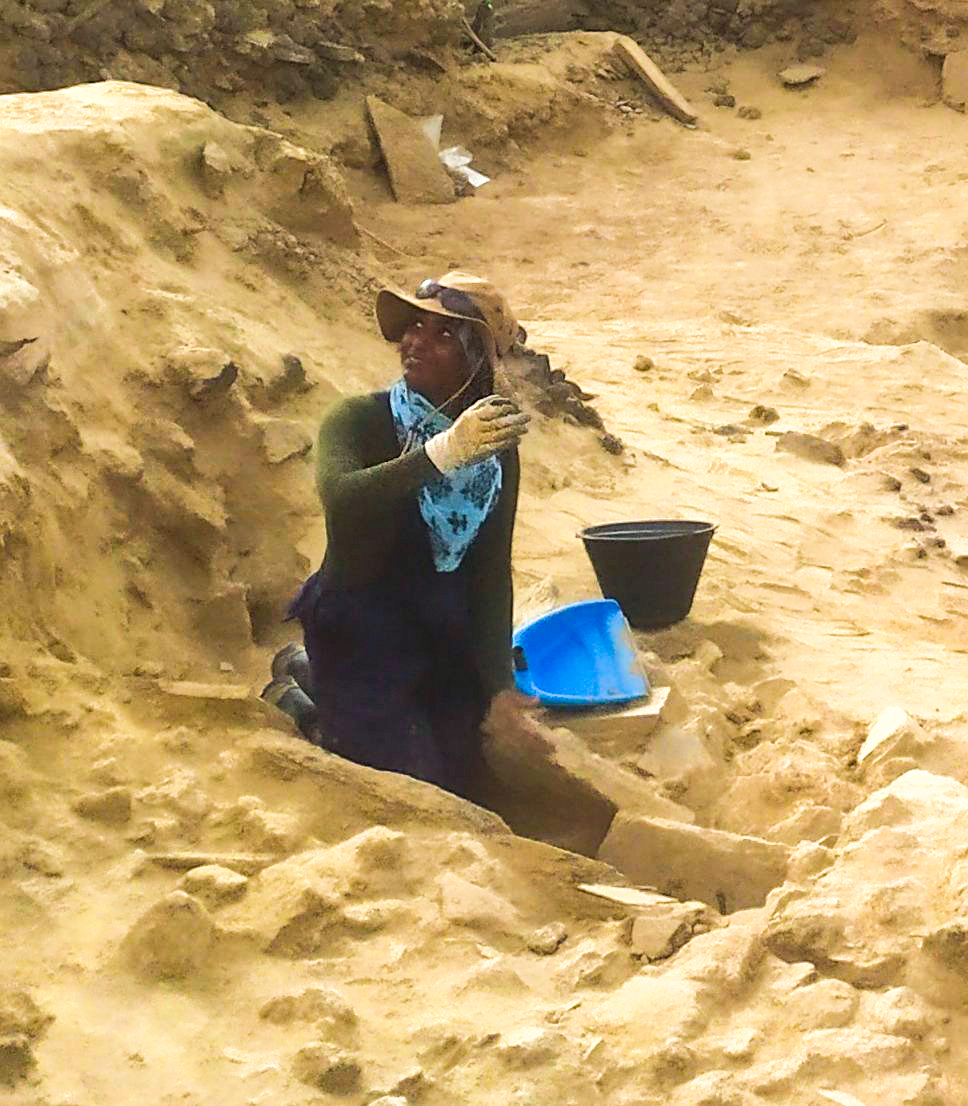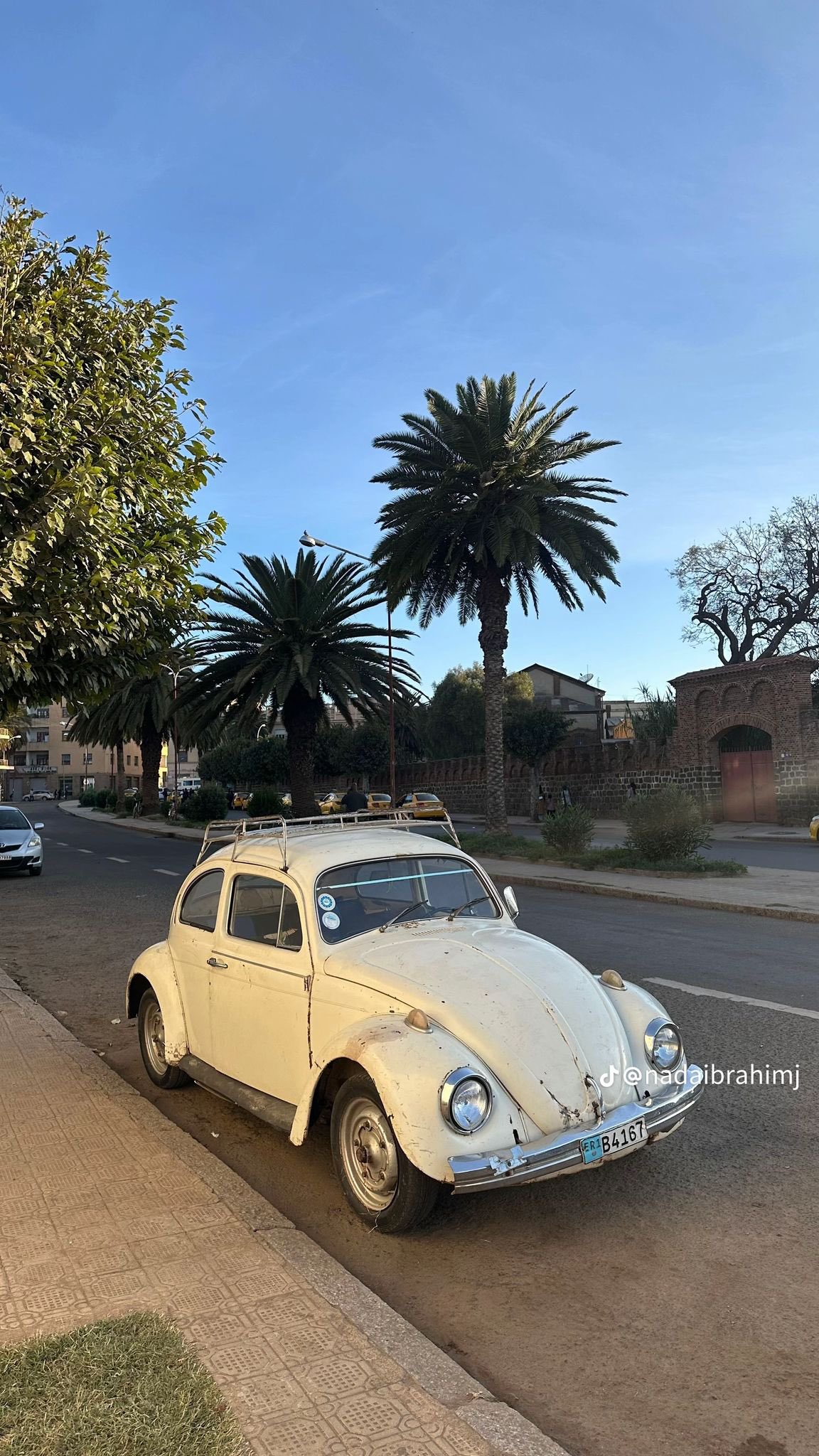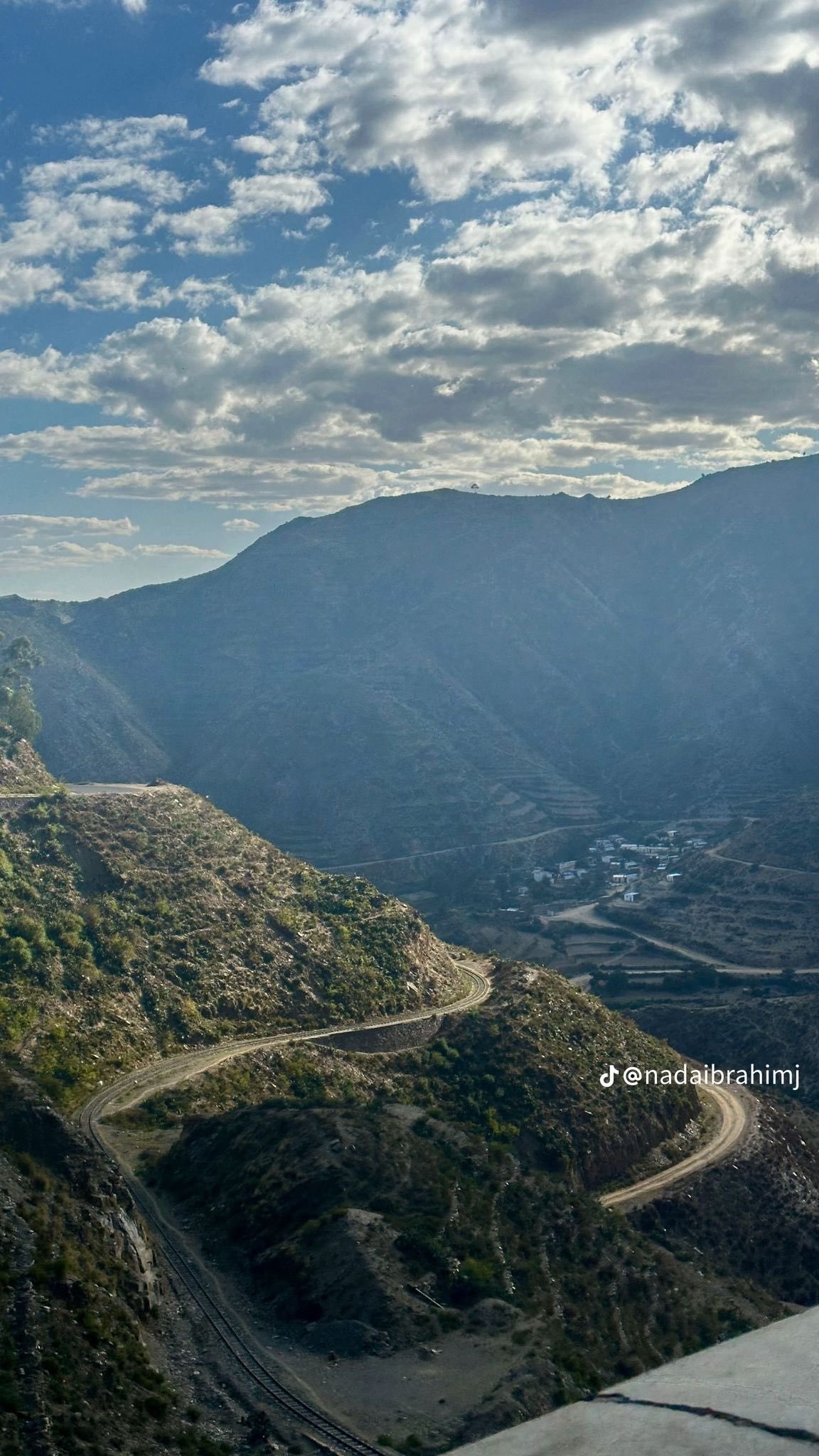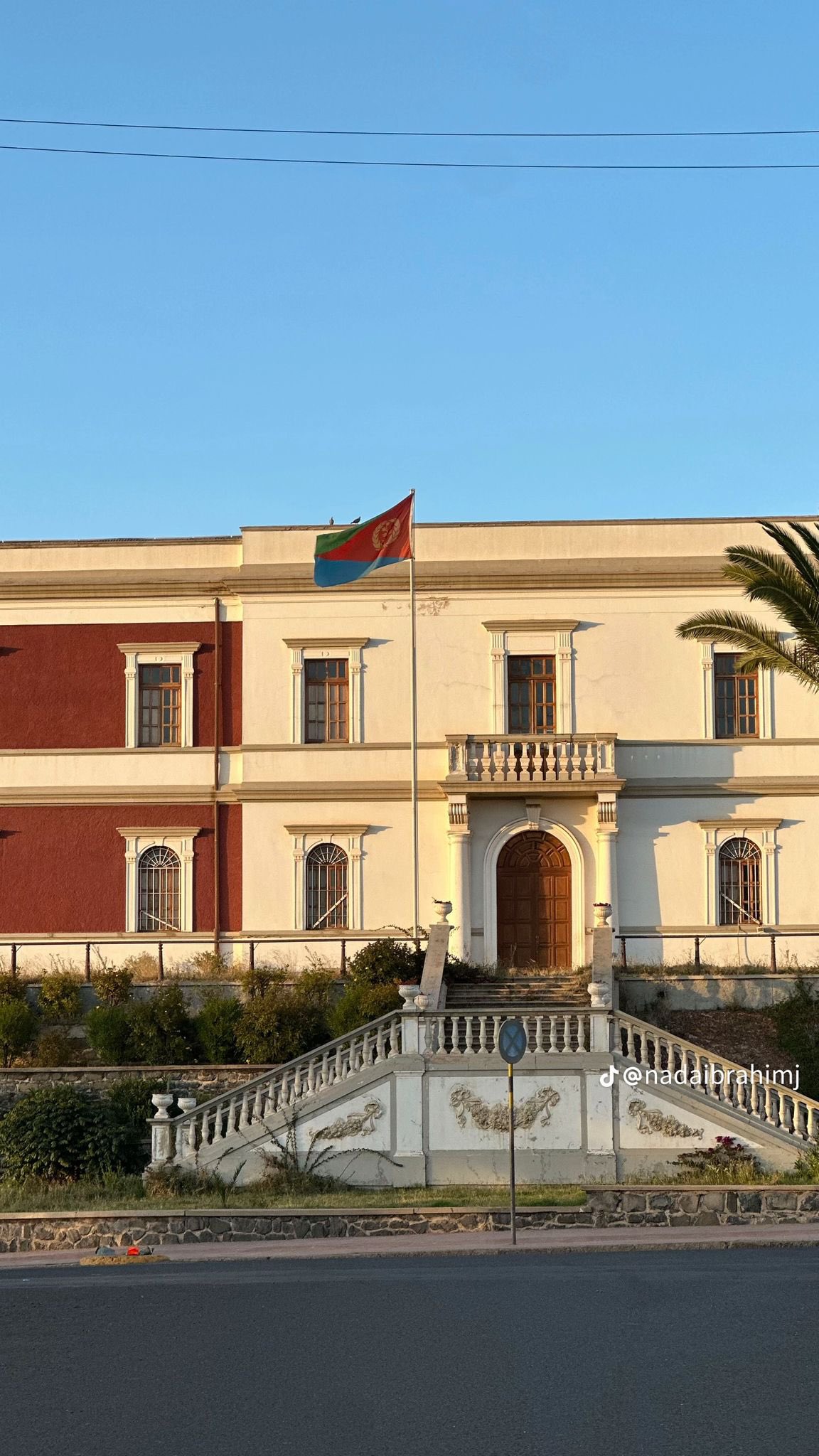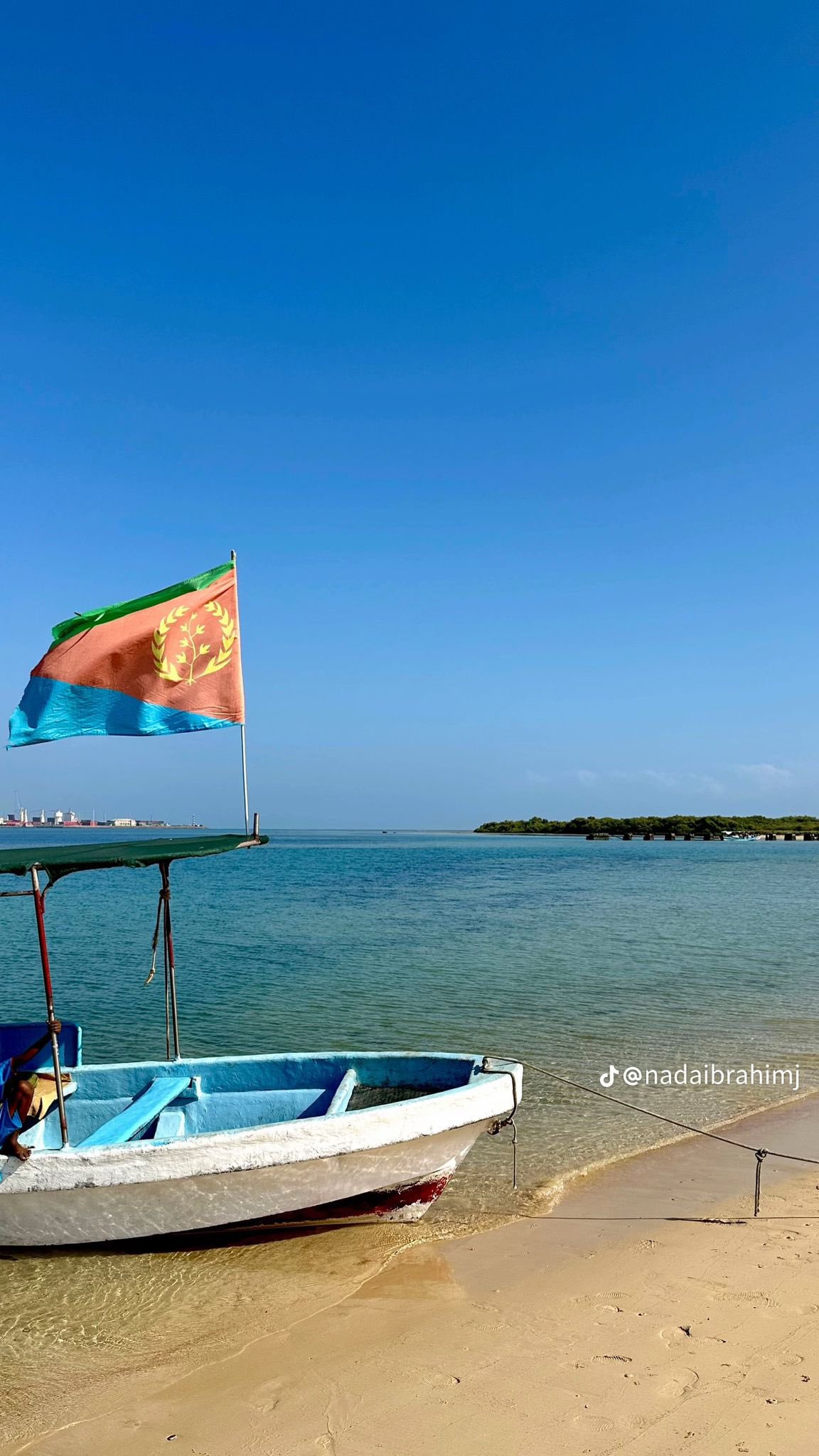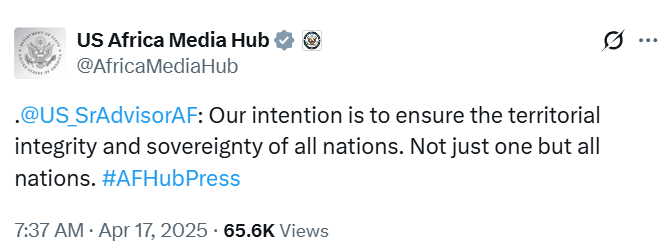
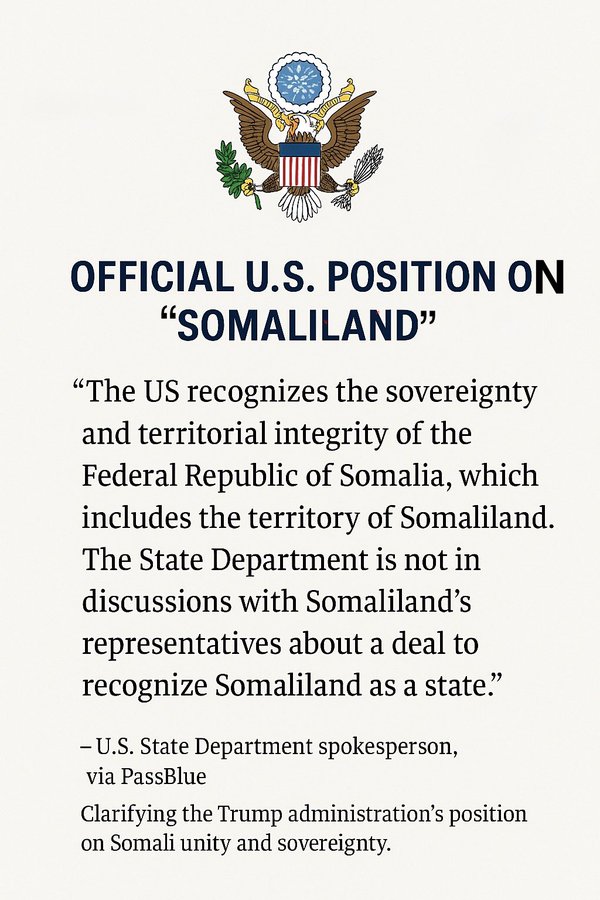 Looks like, karma’s doing its thing. This new U.S. State Department policy may have just bankrupted lobbyists such as this dude,
Looks like, karma’s doing its thing. This new U.S. State Department policy may have just bankrupted lobbyists such as this dude,  who’ve been hustling for Somaliland.
who’ve been hustling for Somaliland.
No wonder he’s suddenly taking shots at Eritrea, probably hoping the incompetent Oorroommuummaa ጨቅላ might throws him a bone ...  By Amb. Sophia Tesfamariam
By Amb. Sophia Tesfamariam - My first instinct was to just say ...ሹሽ! But sometimes it is best to say what is really on my mind...and only because this time, he has crossed the line.
Tibor Nagy’s relentless disdain for Eritrea betrays not an informed geopolitical position, but a deep internal disquiet. His fixation on Eritrea, particularly its leadership, reveals less about the country itself and more about his own discomfort with nations that refuse to bow to external pressure. Eritrea’s commitment to sovereignty, self-reliance, and principled resistance is the very antithesis of everything Nagy has tried, and failed, to undermine throughout his career.
I am no psychiatrist, but Nagy’s constant attacks on Eritrea and President
Isaias Afwerki are not expressions of diplomacy; they are manifestations of personal resentment. Eritreans, a gallant and dignified people, stand tall in the face of adversity, unmoved by sanctions, slander, or sabotage. Their freedom was not gifted but earned, their unity not imposed but chosen. These are virtues that small men find threatening. Eritrea’s legacy, forged in blood and unwavering resilience, cannot be erased by those who traffic in bitterness and historical revisionism.
These insecurities were most visible during Nagy’s tenure as U.S. Ambassador to Ethiopia from 1999 to 2002, during the height of the Eritrea-Ethiopia War. At that critical moment, he harbored a quiet ambition—to see Eritrea kneel: politically isolated, economically weakened, and diplomatically erased. His alignment with the kleptocratic minority TPLF regime, was not incidental. It was deliberate. Their inferiority complex, was the perfect match for his white savior superiority. Together, they mistook Eritrea’s principled stance for stubbornness and its silence for weakness.
But, Eritrea did not bend. It refused to yield to geopolitical bullying or regional puppeteering. It remained, as ever, guided by clarity of purpose and fidelity to its people. That refusal to conform, to betray its values for aid, applause, or alignment, is what continues to haunt Nagy. His bitterness today is not that of a strategist, but of a man whose playbook failed to shake the resolve of a sovereign nation.
No wonder, there was no place for Tibor Nagy and his ilk in the Trump Administration. His approach, rooted in paternalism, condescension, and Cold War hangovers, had no place in a shifting world that began to question the very assumptions that shaped men like him. As U.S. policy sought to break from some of its most interventionist impulses, Nagy’s outdated playbook and stale narratives became irrelevant. His failure to adapt rendered him obsolete, a figure relegated to shouting from the sidelines, joining the chorus of former operatives and analysts turned pundits.
And now, as Eri-Fluenza season returns, the time of year when all anti-Eritrean elements scramble for attention on social media, desperate to stay relevant, Nagy, too, clambers back into the spotlight. Their symptoms are all too familiar: recycled talking points, performative outrage, and a compulsive need to speak over Eritreans rather than engage with them. But, the world is changing. Eritrea’s voice is no longer whispered, through proxies. It is heard clearly, and it speaks with conviction.
Contrary to popular belief, America respects those who respect themselves. It has never had much use for quislings, those who sell out their own people for the illusion of proximity to power. In the long arc of U.S. engagement, history favors the resolute over the compliant. Eritrea, in choosing dignity over dependency, has shown that respect is not begged for, it is commanded.
Today, as the global order shifts toward multipolarity and renewed emphasis on national sovereignty, figures like Nagy are increasingly sidelined. There is no room in the new era of diplomacy for those who view Africa through a lens of domination and patronage. His relevance has waned, eclipsed by a generation that refuses to apologize for defending their dignity.
For Tibor Nagy, hate has become his only crutch, a hollow prop he leans on to remain part of conversations that have long outgrown him. His attacks on Eritrea are not critiques, they are projections. He mistakes Eritrea’s strength for arrogance because he cannot comprehend dignity, that does not derive from subservience.
Eritrea, meanwhile, stands firm, not with crutches, but with clarity. Its people did not inherit freedom; they fought for it. They do not need validation, from those who never understood them. Eritrea’s path is not for the faint-hearted, and certainly not for those whose only legacy is complaint, not courage.
President
Donald Trump, is cleaning house and rightfully so. African nations deserve high-level, skilled, and respectful diplomatic engagement, just like any other region. Africa should not be treated as a place where junior or less competent diplomats are sent to "
cut their teeth" or practice diplomacy, as if the stakes and people involved are somehow less important.
Mic drop ...
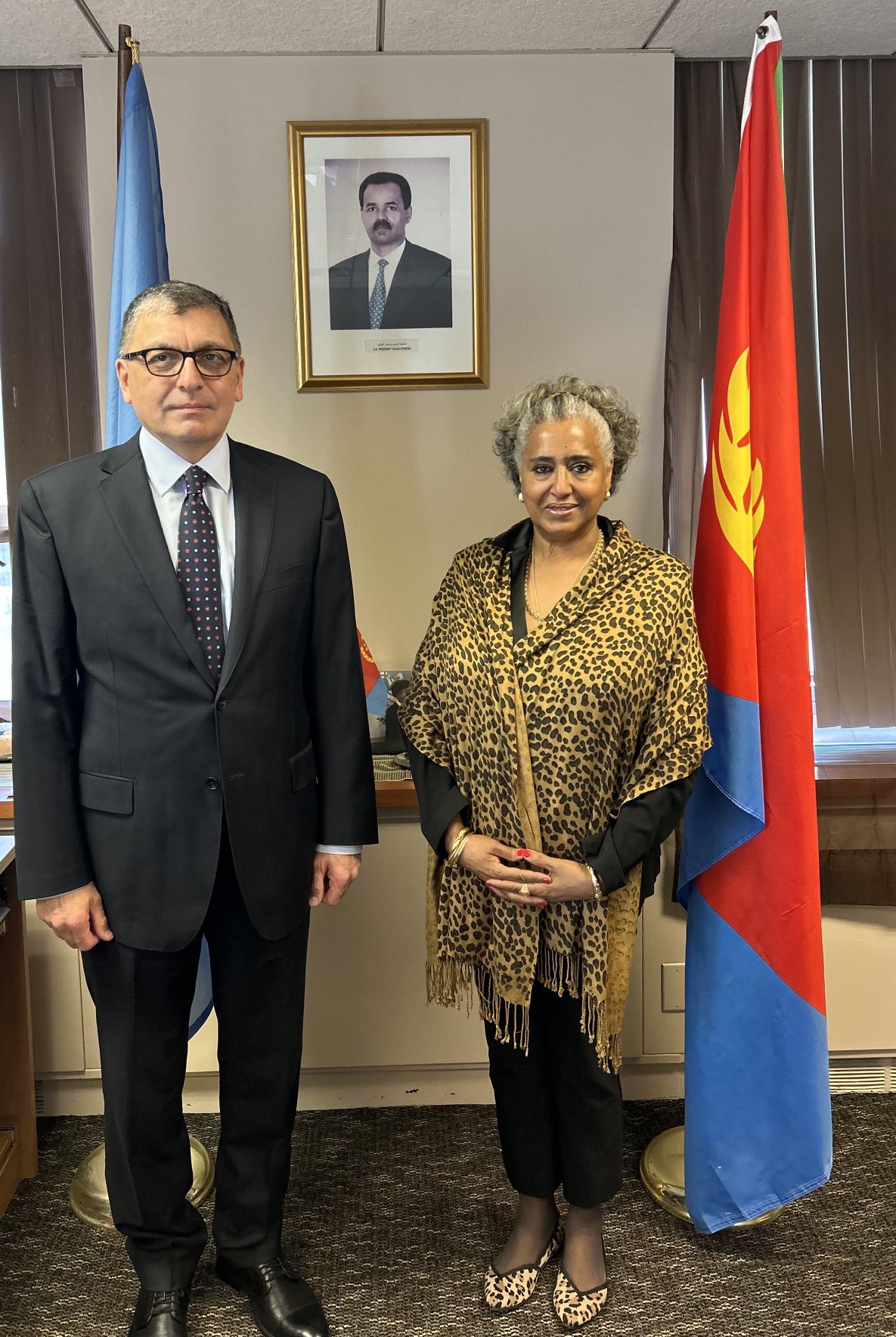 Welcomed H.E. Mr. Tofig Musayev, PR of Azerbaijan to @Eritrea_UN. Discussed ongoing global challenges, peace & security in our respective regions, how shared histories & cultures can strengthen bilateral relations. Will cooperate @UN 2 strenghten Azerbaijan- Eritrea relations @AmbStesfamariam
Welcomed H.E. Mr. Tofig Musayev, PR of Azerbaijan to @Eritrea_UN. Discussed ongoing global challenges, peace & security in our respective regions, how shared histories & cultures can strengthen bilateral relations. Will cooperate @UN 2 strenghten Azerbaijan- Eritrea relations @AmbStesfamariam


 @DrMenghis
@DrMenghis



